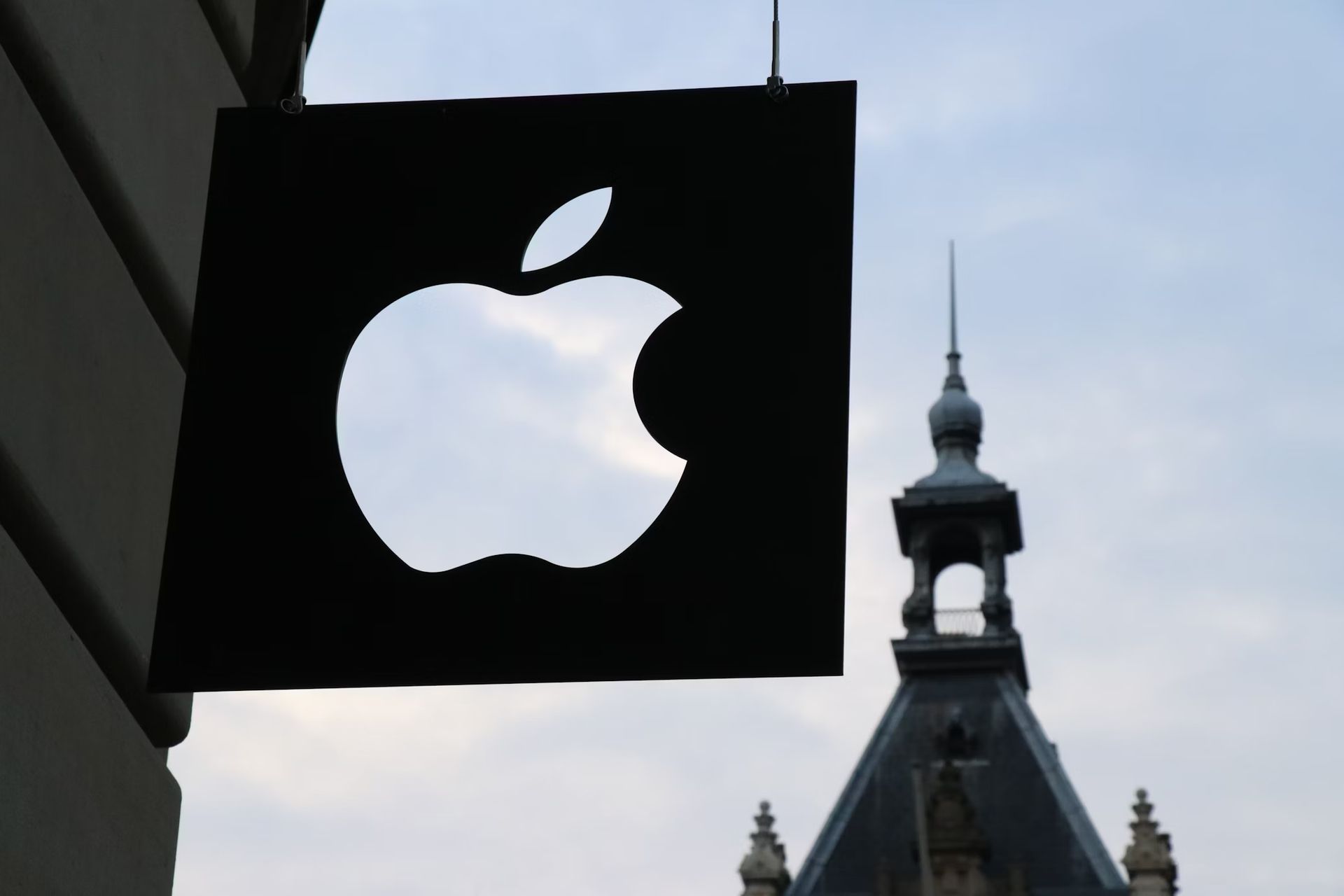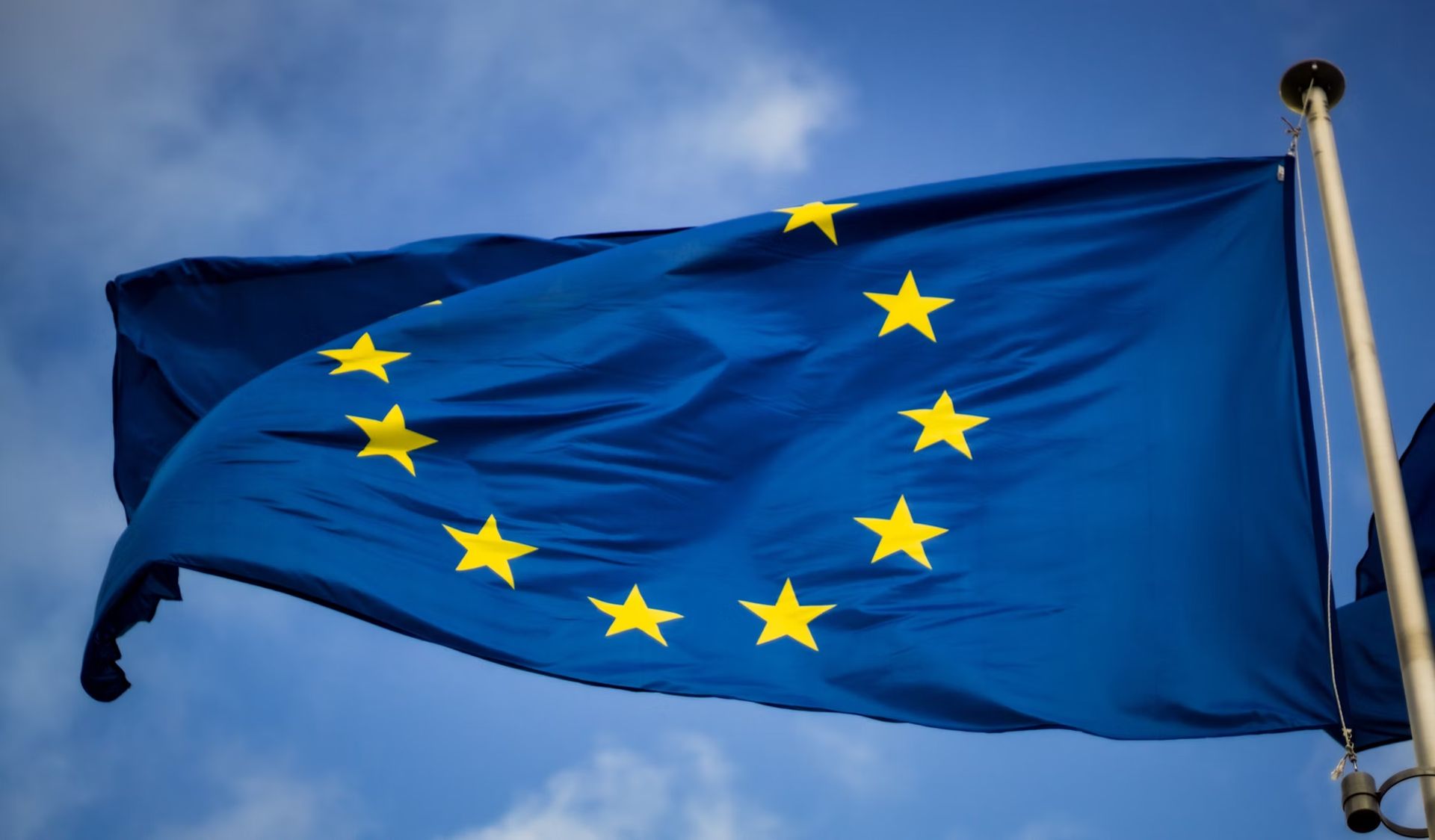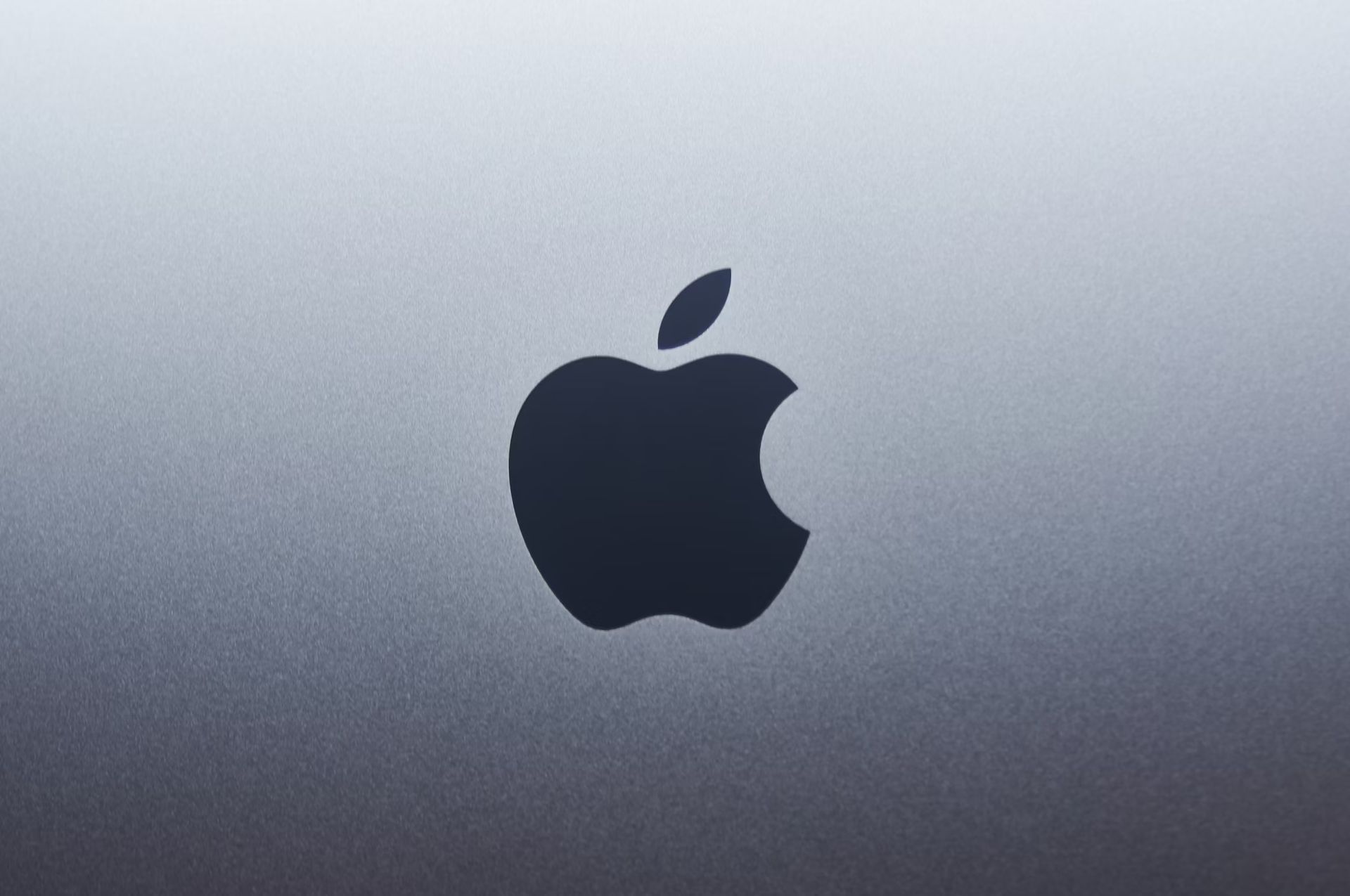and the distribution of digital products.
EU fines Apple for violating Digital Markets Act

Apple Inc. is set to face the first-ever fine under the European Union’s Digital Markets Act (DMA) for anti-competitive practices related to its App Store according to a Bloomberg report. This penalty comes as part of a broader effort by EU regulators to curb the power of tech giants like Apple in the digital marketplace. Reports indicate that Apple’s restrictive policies, which prevent app developers from directing users to cheaper purchasing options outside of the App Store, have triggered the upcoming fine. This article explores the potential impacts, industry response, and the broader implications for Big Tech.
What is the Digital Markets Act, and how does it impact Apple?The DMA, a regulatory measure introduced by the European Union, is designed to address the competitive practices of major tech companies before they can damage markets. Unlike traditional antitrust measures that often react to abuses after they occur, the DMA aims to prevent monopolistic practices proactively. It enables the European Commission to impose significant penalties, including fines of up to 10% of a company’s global annual revenue for initial offenses and up to 20% for repeat violations.
For Apple, this fine is a direct result of what the EU calls “anti-steering” practices. The DMA prohibits tech giants from limiting app developers’ options for directing users to external payment methods, thereby bypassing Apple’s mandatory 30% fee on in-app purchases. Margrethe Vestager, the European Union’s competition commissioner, has warned Apple since June to comply with these rules or face penalties—a warning now likely to materialize as a substantial fine.
How large could Apple’s DMA fine be?While the exact amount of the fine has not been disclosed, DMA guidelines suggest it could be substantial. Apple’s reported revenue last year was $94.9 billion, meaning a fine could reach up to $9.4 billion, based on the DMA’s 10% rule for initial violations. For a repeat offense, Apple could face penalties as high as $38 billion—an unprecedented figure in tech regulation.
This penalty would follow the EU’s €1.84 billion ($2 billion) fine imposed on Apple in March for similar violations tied to its App Store policies. The Digital Markets Act is designed to allow the EU to act swiftly and decisively, as seen with Apple’s case. The Commission may announce the fine as soon as this month before Vestager leaves office, marking a decisive enforcement of the new regulations.
 This isn’t the first time Apple has come under scrutiny in the EU (Image credit)
What does this mean for Big Tech?
This isn’t the first time Apple has come under scrutiny in the EU (Image credit)
What does this mean for Big Tech?
Apple’s upcoming fine under the DMA is likely to reverberate throughout the tech industry. Other major players like Google, Amazon, and Meta are closely watching this case, as it sets a strong precedent for the DMA’s enforcement. The Digital Markets Act, with its heavy fines and preventative approach, signals a new era of tech regulation where the EU is prepared to hold companies accountable for restrictive practices on their platforms.
As industry analysts point out, this fine is a wake-up call for companies relying on closed ecosystems and high fees. The DMA effectively demands that Big Tech adapt to a more open and competitive environment or risk losing market share in the EU. Google, for example, has already made changes to its policies to comply with the DMA, particularly by allowing third-party app stores on Android. Apple, however, has largely maintained its strict App Store policies, setting up a significant clash with regulators.
EU’s ongoing battle with AppleThis isn’t the first time Apple has come under scrutiny in the EU. Vestager, known for her firm stance against tech monopolies, has clashed with Apple multiple times during her tenure. One of the most prominent cases involved a €13 billion ($14.4 billion) tax repayment order to Ireland, which Apple fiercely contested. The case marked a significant escalation in the EU’s regulatory approach, as it sought to crack down on tax arrangements that it considered unfair.
The EU’s scrutiny extends beyond tax and app store practices. Earlier this year, Apple faced additional regulatory pressure when the EU required it to open the iPhone’s NFC payment chip to third-party applications, a move that allowed competitors to offer alternative payment solutions to Apple Pay. These cases underscore the EU’s commitment to reducing Apple’s dominance over the digital ecosystem, giving consumers more freedom and promoting competition.
 Apple’s fine under the DMA is just the beginning of what may become a more intense regulatory environment in the EU and potentially beyond (Image credit)
Will Apple comply with the DMA or challenge the fine?
Apple’s fine under the DMA is just the beginning of what may become a more intense regulatory environment in the EU and potentially beyond (Image credit)
Will Apple comply with the DMA or challenge the fine?
The looming question is how Apple will respond to this latest fine. While Apple has not issued a public statement, it may pursue a dual approach: compliance in certain areas while lobbying for policy amendments. The company has historically argued that its App Store policies protect users’ privacy and security, a position it could use to negotiate for exceptions under the DMA. However, with the DMA’s uncompromising stance, the EU seems less inclined to entertain such arguments.
One potential compliance step Apple might take is to allow limited external payment links within apps. This would enable developers to direct users to cheaper subscription options outside the App Store, reducing Apple’s 30% fee impact while still retaining control over its platform. Apple has made similar concessions in other regions, such as Japan and South Korea, indicating that compliance in the EU may not be off the table.
Long-term implications for the tech industryApple’s fine under the DMA is just the beginning of what may become a more intense regulatory environment in the EU and potentially beyond. As regulators enforce the DMA, Big Tech firms may need to adjust their business models to operate within these stricter guidelines. For Apple, this could mean a gradual loosening of its app ecosystem control, which may ultimately reshape the company’s revenue structure. The App Store is a major income source, generating billions annually; therefore, any change in policy may impact Apple’s financial performance over time.
In the broader industry context, the DMA’s enforcement on Apple could inspire similar regulatory moves in other regions. Lawmakers in the United States, for instance, are already debating similar measures aimed at curbing Big Tech’s power.
Featured image credit: Medhat Dawoud/Unsplash
- Home
- About Us
- Write For Us / Submit Content
- Advertising And Affiliates
- Feeds And Syndication
- Contact Us
- Login
- Privacy
All Rights Reserved. Copyright , Central Coast Communications, Inc.